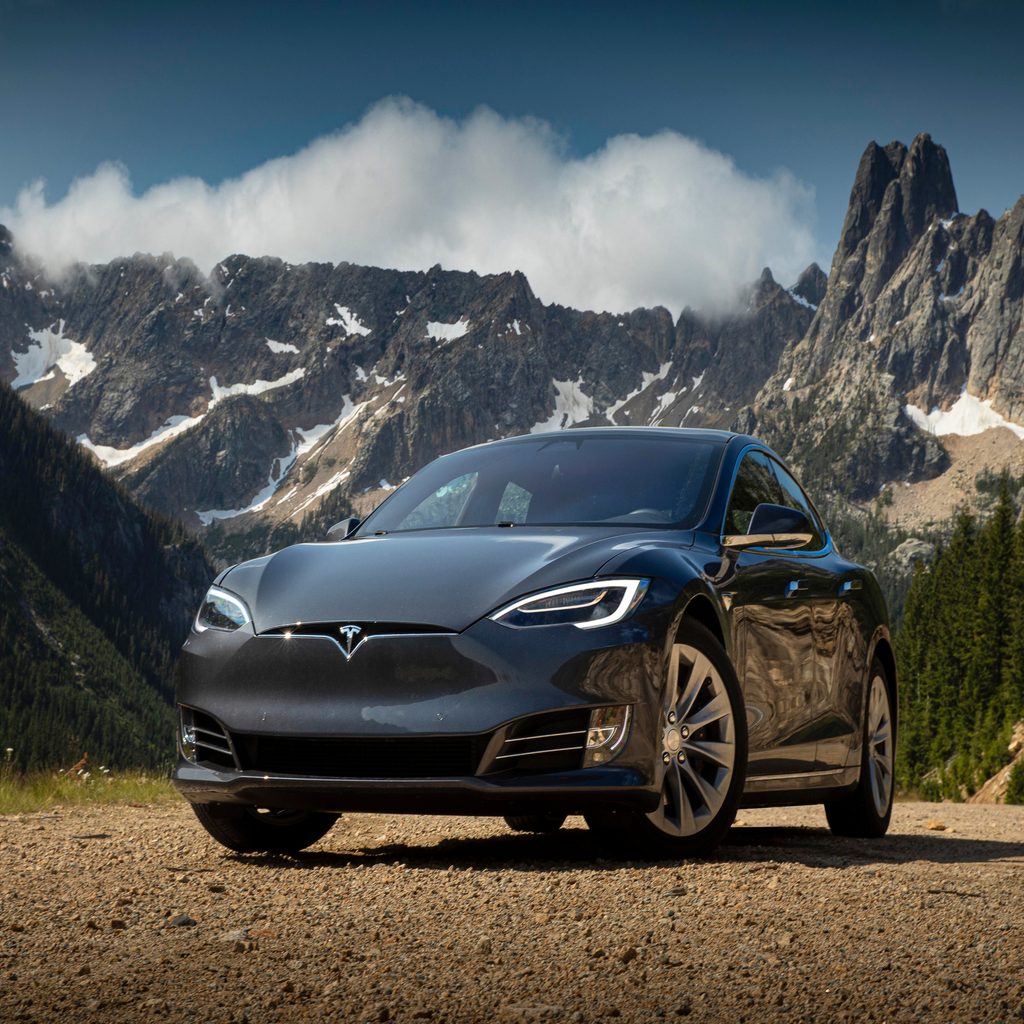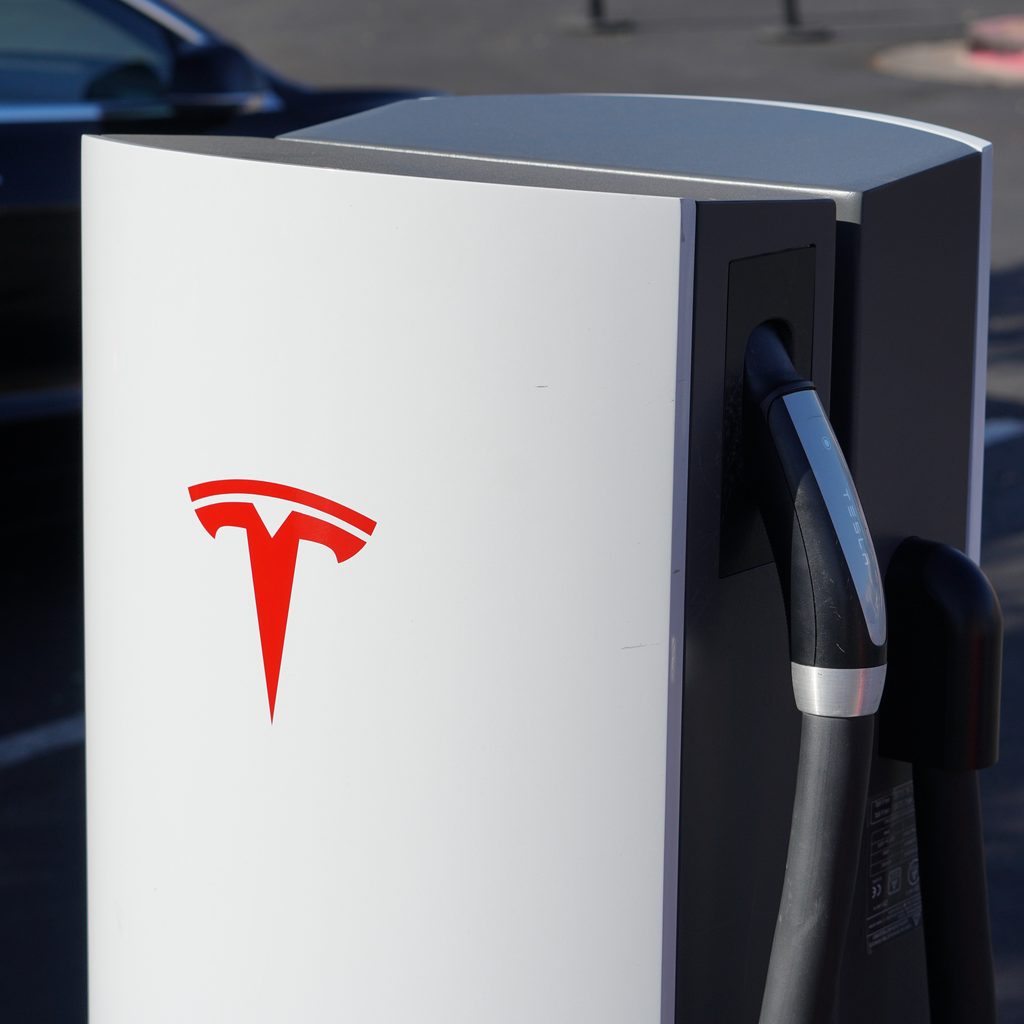In the ever-growing push for more EV vehicles in today’s auto market, it should come as no surprise that rental car companies are taking note. In October 2021, Hertz purchased 100,000 Tesla vehicles for an estimated $4.2 billion. This move by large car rental giant Hertz has made multiple headlines and signals to competitors that electric cars are becoming more popular and that it is more eager to adapt to the EV market for its rental fleets.
Also, this move by Hertz could help consumers have the opportunity to rent Tesla EVs before committing to EV ownership. Let’s explore more on how this shift by Hertz to provide EVs could increase the popularity of Tesla EVs and other EV manufacturers in the auto rental market.

The benefits of EVs in the auto rental market
It’s no surprise that many electric vehicles are becoming increasingly more popular among American auto consumers, thanks to cars like Tesla EVs. Electric vehicles have become more popular over the last decade because of their manufacturing capabilities.
While there’s a domestic and global push for EV models, more consumers may still be unsure what this technology brings to the American auto market. Below are some benefits that car rental; consumers can expect from Tesla EVs.
Battery ranges can be robust
Tesla EVs are said to have some of the best battery ranges on the market. On average, a Tesla Model 3 is said to have up to a 360-mile range. However, other EV manufacturers have yet to match its battery range and power, but many are engineering better and more reliable options to fit the Tesla EVs.
Longevity and low maintenance
With an all-electric automobile, consumers can expect minor maintenance to these types of vehicles in relation to gas-powered autos. EVs remove the need for routine maintenance, such as oil changes, fuel filters, and spark plugs. Also, the average lifespan of a Tesla EV battery is said to be up to eight years or 160,000 miles.
Fuel costs
Gas prices tend to flow with the oil market. Electric vehicle charging stations are often free of charge, or you can charge at home. Also, most vehicles usually only require a minimum to charge on a 220-volt outlet, and many electric companies offer discounts for electric vehicle charging.
How the Tesla-Hertz deal will increase EV popularity
Over the past few years, the EV market on peer-to-peer rental applications has drastically grown. However, the Tesla deal with Hertz will be the first with a big rental company to branch into the EV rental market. Not only will this move by Hertz increase the popularity of Tesla EVs, but it will also allow consumers to get a more accurate feel for the benefits of EVs as a daily vehicle option.
Additionally, this could prove to be a competitive move for Hertz by branching into the EV market. Competitor rental companies, such as Enterprise or Avis, have yet to embrace electric cars becoming more popular.
Keeping this in mind, it could be a financially savvy move for the big rental car company. Given that Hertz evaded bankruptcy when the COVID-19 pandemic nearly crippled the car rental industry due to global shutdowns. It remains to be seen what the cost-to-benefit ratio will be and whether there will be long-term profitability for Hertz. However, given the large-scale rental company is the leader in adopting the popularity of Tesla EVs, this should prove sustainable in the end.
Possible limitations with Tesla EVs as rentals
While this financial and business move between Tesla and Hertz can be seen as positive, several limitations should be considered with this deal. One factor to consider is that Hertz purchased nearly 100,000 Tesla Model 3 vehicles. Therefore, there will be a limit on the availability of these vehicles for rent. Also, with a limited supply of these Tesla EVs, Hertz leaders will need to review markets where these EVs will still see a steady stream of rentals.
These vehicles need to be available in markets with a higher demand for them and a wider variety of charging stations available for this shift to see success. For example, larger cities in the Midwest still have below-average availability for EV charging stations, limiting the desirability of these rentals. Furthermore, given large rental companies charge for mileage and gas in their vehicles, there will need to be customer policies developed and structured to prevent rental returns with no battery left.

Final considerations on the increased popularity of Tesla EVs as rentals
The demand for electric vehicles is on the rise. The push by both domestic and global governments to increase zero emissions and be more environmentally friendly is more significant than ever. There are many benefits to EVs that make them an excellent choice for an everyday vehicle and as a rental.
It will be interesting to see how the Telsa-Hertz deal continues to develop for the car rental company as time goes on. However, the financial move by Hertz to invest in Tesla EVs as a rental car option could prove to be what sets the company apart from its competition in the long run.


